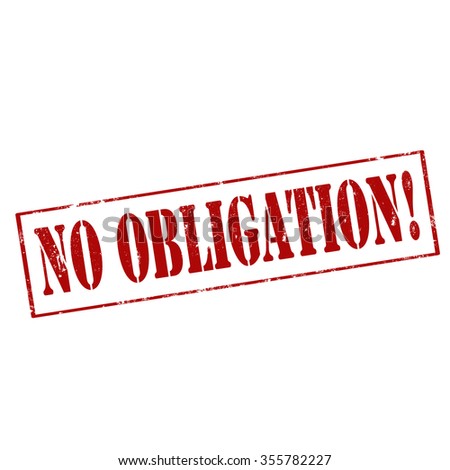 |
| Pic from https://allthingslearning.files.wordpress.com/2011/12/confused.jpg |
Are you confused when working with modal verbs?
Do you find problems to choose the right one?
Let's see some useful tips to understand how they work:
PERMISSION:
 |
| https://cdn.xl.thumbs.canstockphoto.com/permission-rubber-stamp-eps-vector_csp45048244.jpg |
- We use can to ask for or give permission.
Can I sit here? / You can use my car if you like.
- We use may or could to ask for or give permission in a more formal context or situation.
May I come in? / Could you pass me that notebook, please?
________________________________________________
PROHIBITION:
| Pic from https://www.loudandcleargraphics.co.uk/product/no-hoods-sign/ |
- We use can't when something is against rurles or norms.
You can't park here, sir.
- We use mustn't when the obligation comes from the person who is speaking.
You mustn't speak when the teacher is speaking.
________________________________________________
OBLIGATION:
| Pic from https://github.com/mbodmer/pictograms |
Need to, must, and have to can be considered synonyms and mean that something is required or necessary. Although there are some slight differences among them:
- Need to is the one that is more limited in meaning:
1. It is used when an action should be done.
I need to clean my dirty bedroom.
2. When it is very important for someone to do something.
She didn't want to go to the city, but she needed to buy some food.
- Must and have to have broader meanings, and once again the difference between them is very small.
1. We use have to when the obligation comes from somebody else. The speaker can't change that because it's a law or a rule.
We have to wear an uniform at our school.
She can't come to the party, because she has to travel tomorrow early in the morning.
2. We use must to show that the obligation comes from the speaker. It isn't a rule or a law.
I must call my grandfather tonight.
You must come and visit us the next time you come to Seville.
HOWEVER, BOTH (MUST & HAVE TO) CAN BE USED ALMOST INTERCHANGEABLY IN THE FOLLOWING CASES:
1. When something is required or neccesary. We must / have to go to the post office.
2. When something is required by law. You must / have to pay your taxes.
3. When something is very probable. It must / has to be 45 degrees here.
IN ALL THESE CASES, MUST IS MORE FORMAL THAN HAVE TO.
____________________________________
NO OBLIGATION:
 |
| Pic from https://thumb1.shutterstock.com/ |
- We use don't have to when there is no obligation to do something. It means that you can do something if you want, but it is not obligatory.
We don't have to wear an uniform at our school. We can wear it if we want to but it's ok if we don't.
Here there are some websites where you can practice these confusing modals:
Let's finish with some examples of modal verbs in songs. ENJOY IT!!!!
No comments:
Post a Comment
Please let me know your comments on this post. Thank you!!!!